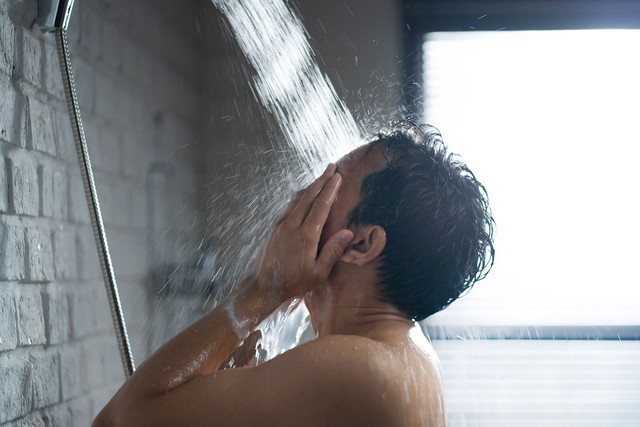How should the elderly exercise in winter properly?
The elderly are often less adaptable to changes in their living environment, especially in cold weather. In winter, the elderly are prone to joint pain.
Regular exercise and sports not only help the elderly reduce joint pain, stabilize cardiovascular health but also make the body flexible and supple. However, exercising in cold weather requires some attention to avoid dangerous incidents.
Notes on exercising in cold weather for the elderly:
1. Consider the weather before exercising
Elderly people should limit going out in cold weather between 9pm and 6am. This is the time when the temperature starts to drop. Elderly people should do light exercise indoors and avoid windy places.
If exercising outdoors, the elderly should exercise between 8-9am or 4-5pm when the temperature is high and there is sunlight.
Some older people with chronic conditions such as COPD, asthma, heart disease, etc. may be affected by cold weather. Older people should consult their doctor to find out suitable exercises for cold weather.
2. Keep your body warm
The elderly should wear thin, multi-layered clothing to keep their bodies warm. When exercising, they can wear a specialized sports shirt inside to help ventilate and absorb sweat. Depending on the weather, the elderly can choose an additional windbreaker to wear outside. If the weather is too cold, they can use an additional undershirt in the middle and choose a thick jacket to help keep the body warm.
Elderly people should wear gloves and socks to keep their hands and feet warm and wear hats to keep their heads warm. Because in winter, hands and feet are often affected by cold temperatures. Blood is transferred to the hands and feet more slowly than the central areas of the body. And so the hands and feet are often supplied with less blood to warm them up.
3. Warm up before exercise
Doctors recommend that the elderly should warm up for at least 10 minutes before exercising to make the joints more flexible and relax the muscles. Warm up time can be longer depending on the weather and the physical condition of each person.
In winter, sprains are more likely to occur when exercising if you do not warm up properly. Warming up your body will help your bones and joints become more supple and flexible, thereby reducing the risk of injury.
4. Drink enough water
In winter, people often feel less thirsty than in summer. Some people even do not feel thirsty when exercising. However, the body is still losing water through sweating.

Therefore, when exercising, the elderly need to drink enough water to compensate for the amount of water lost during exercise. The elderly can replenish water while exercising, but should not drink too much.
5. Do not shower after exercising.
After exercising, the elderly need to rest for at least 20 minutes to stabilize the body and dry sweat. When bathing, the elderly should start with warm water and gradually reduce the temperature to suit themselves.
Exercising in winter is a necessary activity, however, some factors need to be considered. To exercise effectively in winter, the elderly should refer to some notes provided in the above article./.
